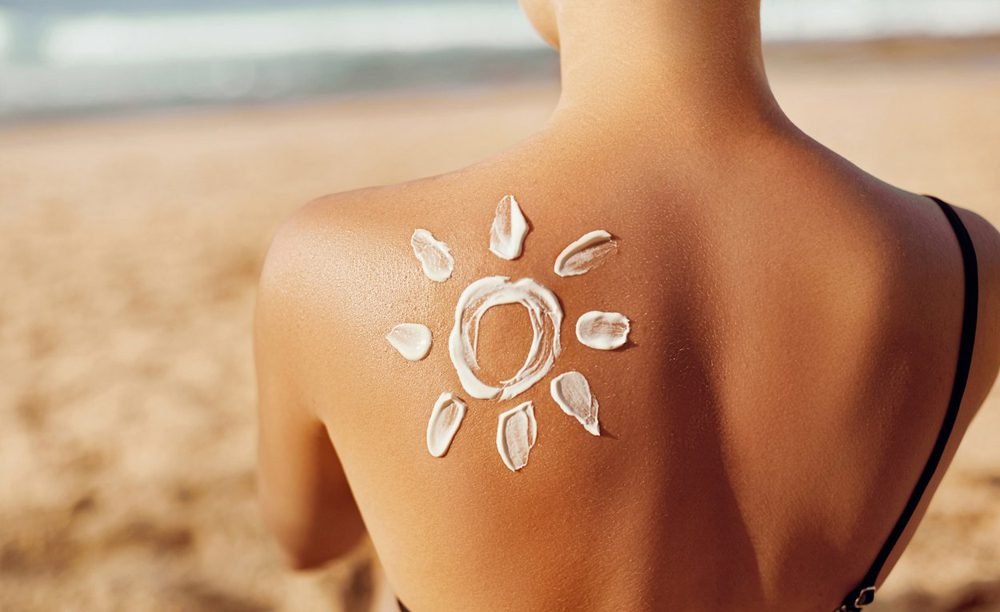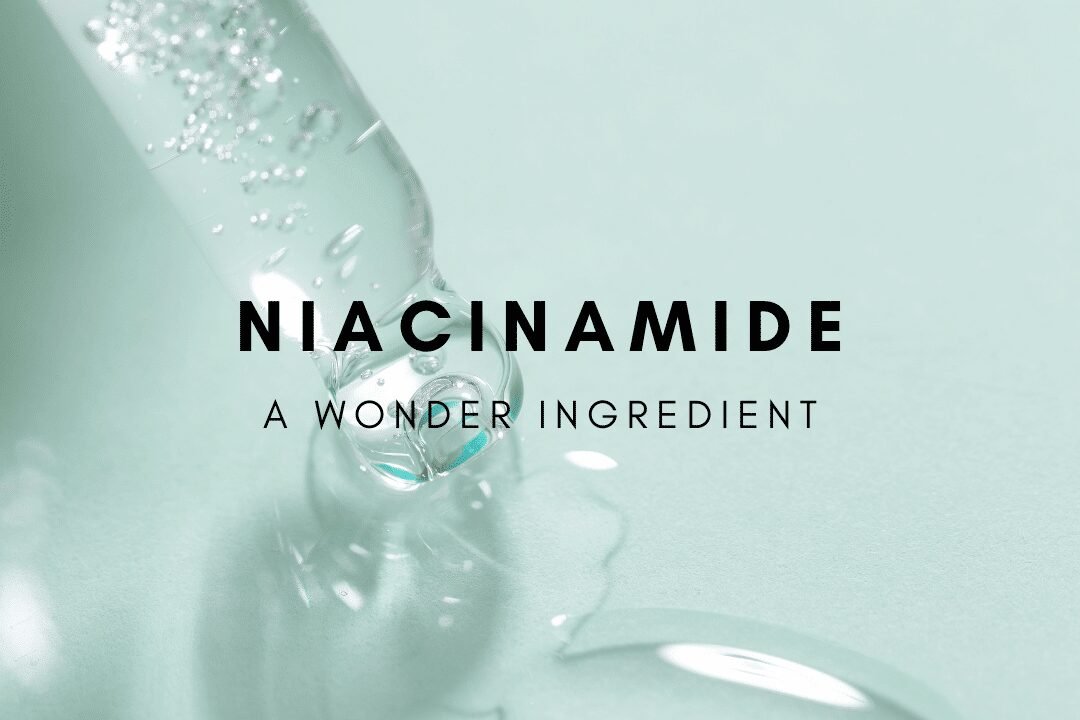
We’ll make it snappy: Sunscreen shouldn’t leave your skin red, inflamed, or itchy. If it does, toss out your current SPF and investigate some of the best sunscreens. We know sunscreen is essential for a myriad of reasons – one of which is to avoid (painful!) sunburns – but not all of them are created equal.
“Chemical sunscreens can be irritating and allergenic.”
If this statement rings true for you, it’s time to consider sunscreen with non-chemical shields. They reduce the risk of irritation to practically zero, due to “natural, inert, and hypoallergenic” formulas. (Incidentally, sunscreens that don’t contain chemical protectants are generally healthier for coral reefs.)
Cosmetify: leading Third Party Sunscreen Manufacturers in india
Mineral sunscreens sit on the surface of your skin, physically reflecting and scattering “a wide range of UV wavelengths.” And because they’re photostable, they don’t have to be reapplied as frequently as chemical sunscreens.
So, how do you determine whether an SPF formula isn’t relying on chemicals to keep your skin shielded? Chemical-free sunscreens should only contain zinc oxide or titanium dioxide [or a mix of both] as their active ingredients.” (It’s important to note that there are some formulas that contain the aforementioned ingredients, plus chemical-based sunscreen compounds, so always triple-check.)
We’ll be the first to admit we’ve tried our fair share of mineral sunblocks that leave a white cast, prove difficult to rub in, and/or seem to suffocate the skin. But, thankfully, more sophisticated and cosmetically elegant formulations – especially those that earn the brown girl stamp of approval – are coming out by what seems like the day.
Answers to All Your Burning Questions About Sunscreen
How effective is it? What SPF is best? Is it safe to wear every day?
While most experts agree that you should use sunscreen year-round to prevent damage from the sun, harmful ultraviolet rays are strongest during late spring and early summer. Answer to some of the most common questions about sunscreen, including how safe and effective it is, how to use it properly, and how to pick the right one for you.
Is sunscreen bad for you?
No. In fact, it can mitigate a lot of potential damage from the sun, which can lead to premature skin aging. If you’re concerned about the possibility of sunscreen chemicals seeping into the bloodstream, consider using those that contain either or both zinc oxide and titanium dioxide as their active ingredients, which have not been found to reach the blood.
How much SPF is enough?
Sun protection factor (SPF) is a measure of how well a sunscreen protects against sunburn, which is most often a result of exposure to ultraviolet B (UVB) rays, the type that causes most skin cancers. Most skin care experts recommend an SPF of at least 30 for most people and most climates. “There’s no harm in going higher, though,” especially for people whose skin burns easily or who have sun-exposure allergies.
Launch your own sunscreen with sunscreen manufacturers in india
Once you go past SPF 30, the protection is more incremental than you may think when looking at the numbers on the bottle. When properly applied, for instance, an SPF 30 sunscreen shields skin from around 97 percent of the sun’s UVB rays, while an SPF 50 protects against roughly 98 percent. “No sunscreen blocks 100 percent of the sun’s rays.”

More important than the actual SPF is finding a broad-spectrum sunscreen – one that protects against both UVA rays (which mostly cause skin aging and wrinkles) and UVB rays – that you enjoy wearing and can afford to consistently use and reapply.
“Most people aren’t getting the SPF benefit on the sunscreen’s label because they aren’t applying a thick enough layer to their skin, and they usually aren’t reapplying often enough – usually every 80 minutes or two hours, depending upon the formula.
The average adult needs about one ounce of sunscreen to cover all exposed skin. Use even more if needed so you don’t miss any spots.
Is it safe to wear sunscreen every day?
Yes; in fact, it’s recommended. “Whether it’s sunny or cloudy, UV rays are present 365 days a year, and We encourage everyone to use sunscreen year-round.
While it is not necessary to wear sunscreen on body parts that aren’t exposed to the sun (usually because they’re covered by clothing), it’s important to apply it to the face, ears, hands, forearms, neck, and other often-exposed body parts to help prevent sun damage.
Crucial Places You’re Forgetting to Apply (and Reapply) Sunscreen
Until you’ll dip your whole body in vats of sunscreen so every spot of your body is protected, we created a checklist for you to keep in mind every time you apply sunscreen. These are the places experts have noticed many of us, miss, when layering SPF onto our faces and bodies.
SPF/Sunscreen Products Manufacturers
Which type of sunscreen is better: chemical or physical, and why?
The best sunscreen for you is the one that you will apply (and reapply) often, but there are pros and cons to each type. Physical (or mineral) sunscreens reflect UV rays away from your skin, while chemical ones absorb UV rays so that your skin does not.
One pro of mineral sunscreens is that their active ingredients – zinc oxide and titanium dioxide —-haven’t been shown to absorb into the blood. If you’re a person who is concerned about the potential safety of applying chemical sunscreen to your skin and you also want the benefit of protecting your skin from the harmful effects of UV rays, We would say the mineral is best.
Mineral sunscreens, however, “are generally more expensive than chemical ones. Mineral sunscreens tend to take longer to rub in and appear chalkier than chemical ones, which tend to rub in easier, feel less noticeable on, and blend in better with the skin.
Summer Skincare Routine For Men’s
Are there any alternatives to sunscreen?
Avoiding the sun (especially between 10 a.m. and 4 p.m., when the sun’s rays are strongest) is one excellent way to protect your skin from sun damage. So is wearing protective clothing, like long-sleeved shirts and wide-brimmed hats.
What’s the difference between sunscreen and sunblock?
While the two terms are often meant to refer to the same thing in conversation, you shouldn’t see the word “sunblock” on labels at all. The F.D.A. banned its use on approved sunscreens in 2011, considering it to be an overstatement of effectiveness since no sunscreen can block UV rays completely. The agency similarly does not allow the terms “waterproof” and “sweatproof” & nowadays “the word sunscreen” is also in debate.
Can I use sunscreen with makeup or moisturizer?
There’s no real consensus on whether you should apply sunscreen before or after you apply makeup or skin care products like moisturizer, but if you lather up with sunscreen first, make sure that it has fully absorbed (it should feel mostly dry to the touch) before you apply anything else. It’s also important to apply sunscreen even if you’re using foundations or powders with SPF built-in, since these products may not provide consistent sun protection.
Make sure to reapply sunscreen every two hours (or more frequently, especially after sweating or swimming), even if you’re wearing makeup. This may require reapplying sunscreen on top of it. There are plenty of options for on-the-go sunscreen reapplication, including sunscreen sticks or sprays (though you still need to rub these in). You could also use a makeup sponge to dab on your favorite sunscreen in an even layer over your makeup.

If you’re searching for 3rd party manufacturer of SPF/Sunscreen, Lotions free of potentially irritating chemicals & parabens, Gentle on the skin, lightweight formula, matte finish. Your search ends here… Private Label Cosmetics Manufacturers in India
Call us now, & ask for samples, Or Just follow us on Instagram /cosmetify.in for more tips…




